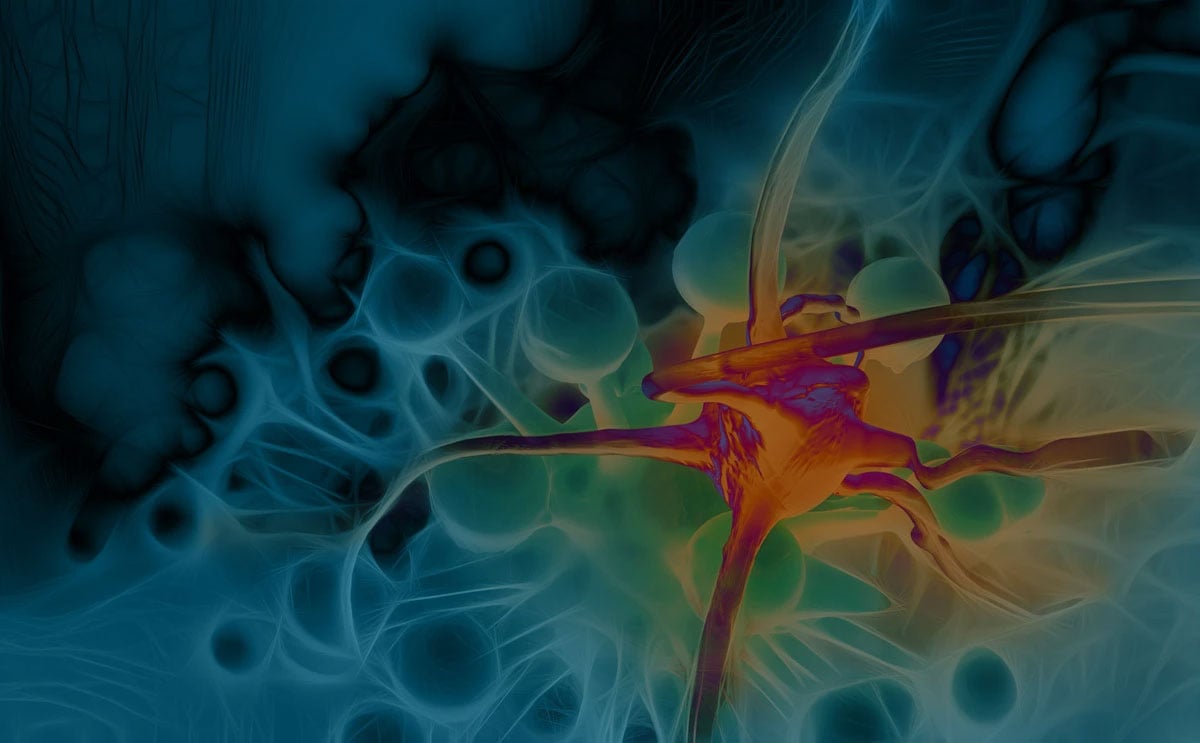Rodent Models for In Vivo Efficacy in Pain and Neuroinflammatory Research.
Rodent models are commonly used for evaluating therapeutics prior to clinical studies. MD Biosciences offers a range of in vivo efficacy models for the study of pain, neurodegeneration, neuroinflammation and wound healing. We integrate behavior assessments and cutting-edge biomarkers that provide crucial insights for the advancement of your program.
Rodent Models offered by MD Biosciences
-
Pain Models
Pain research is a complex field that requires a deep understanding of the neural pathways and mechanisms, as well as the infrastructure needed to develop objective analysis tools and biomarkers. MD Biosciences specializes in pain research and runs models of neuropathic pain, post-operative pain and inflammatory pain.
-
Neurodegeneration Models
Drug development for neurodegenerative diseases requires a multifaceted approach that involves clinically-relevant models and reliable biomarkers that demonstrate disease progression and treatment. MD Biosciences has several neurodegeneration models, and combines behavioral assessments with translational endpoints, like in vivo electrophysiology, to determine mode of action, disease state, and drug efficacy. Models include Multiple Sclerosis, Parkinson’s Disease, and Stroke, to name a few.
-
Neuroinflammation Models
Inflammation is a key pathological driver in many neurological diseases, including diabetic-induced neuropathy, post-operative pain, multiple sclerosis, spinal cord injury, stroke, and Alzheimer’s. MD Biosciences provides scientific expertise on disease mechanism and the inflammatory response, and designs studies that include relevant inflammatory biomarkers involved in neurodegeneration and pain.
-
Wound Healing Models
Wound healing is influenced by several factors, including inflammatory response, cell proliferation, and scar tissue remodeling. Wound healing is affected by the wound size and type, such as incisional, excisional, and burn wounds. Comorbidities, like diabetes, also play a role in wound healing. Wound healing models at MD Biosciences include in vivo assessments, histology and cytokine analysis.
Clinically Relevant Assessments
MD Biosciences offers comprehensive in vivo measures and endpoint assessments, delivering robust data packages to support critical research decisions in the evolving landscape of drug development and biomedical research.
Behavior Assessments
Behavioral assessments along with physiological readouts offer a broader understanding of the basic biological mechanism of disease and cognitive impairment.
Click here to learn more about behavior assessments used in studies.

Electrophysiology
Electrophysiology (EP) is conducted to study the functional properties of neurons, enhancing the understanding of neurological disorders. Data shows sensory evoked potential (SEP) in the sciatic nerve from the high-fat diet induced diabetic neuropathy model.











